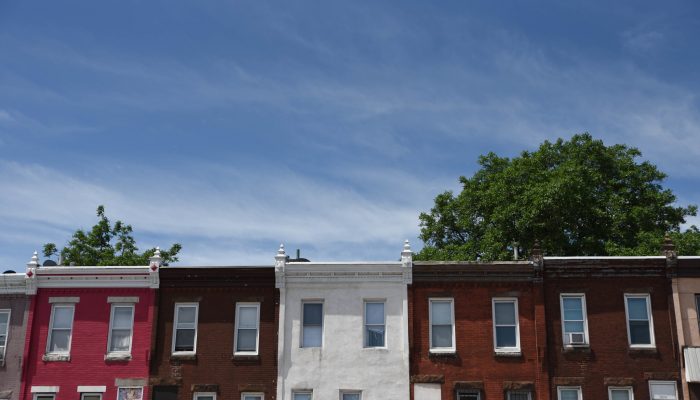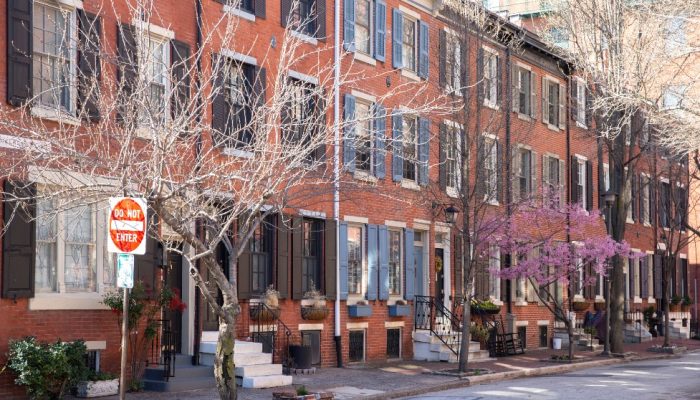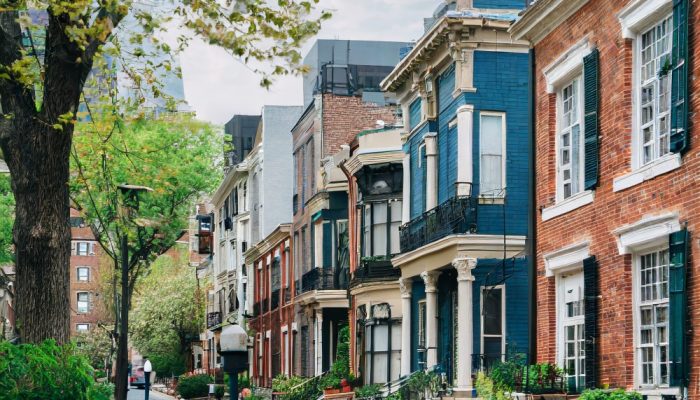The City’s Office of Property Assessment (OPA) has posted the results of reassessments of all properties in Philadelphia, and written notices of new property values will be mailed to property owners in late August.
The new values of more than 580,000 residential, commercial, industrial, and institutional properties in Philadelphia are to take effect for Tax Year 2023, with property taxes due on March 31, 2023. Citywide reassessments scheduled for Tax Years 2021 and 2022 were postponed due to the operational issues posed by the implementation of CAMA (TY21) and the COVID-19 pandemic (TY22).
The new values are available online at property.phila.gov and will be mailed to property owners this month. OPA also published a step-by-step guide in multiple languages to help residents better understand their Notice of Proposed Valuation.
Property owners who believe their valuation is incorrect have until October 3, 2022 to submit a formal appeal. Property owners can also request an informal First Level Review (FLR) with OPA, with FLR applications due Friday, December 2, 2022.
Requesting a First Level Review does not preclude you from filing an appeal with the Board of Revision of Taxes. You may file both as long as you adhere to each deadline. More information on this process is outlined below.
Reflecting the strong real estate market in Philadelphia, the citywide reassessment found that the aggregate value of all properties in Philadelphia has risen by approximately 21 percent since Tax Year 2020.
To reduce the potential impact these rising values may have on residents, Mayor Kenney and City Council agreed to a package of relief measures and reductions in the Wage and business taxes. These measures will ensure that the general fund revenues resulting from new assessments are put directly back into the hands of taxpayers.
“Growing property values reflect well on Philadelphia being a place of choice and represent an opportunity to build wealth for some. But homeowners deserve protections, which is why I signed into law $298 million in new homeowner and rent relief over five years.” – Mayor Jim Kenney
If you believe your valuation is incorrect
Residents who would like to better understand their Notice of Proposed Valuation can refer to this step-by-step guide in multiple languages. Property owners who believe their valuation is incorrect can request a First Level Review (FLR) with the OPA. FLR forms are included with the Notice of Valuation that is being mailed to property owners this month. FLR forms are due to OPA by December 2, 2022.
There is also a formal appeal process conducted by the Board of Revision of Taxes. The deadline for filing a formal appeal with the Board of Revision of Taxes was October 3, 2022. The deadline for filing a formal appeal is established by state law and is not impacted by the filing of a First Level Review.
Requesting a First Level Review does not preclude you from filing an appeal with the Board of Revision of Taxes. You may file both as long as you adhere to each deadline. Formal appeals were due to the BRT by the first Monday in October (October 3).
Details on both appeals options can be found here.
Real Estate Tax relief programs for homeowners
Tax relief programs are available for homeowners!
From the Homestead Exemption to LOOP to the Senior Citizen Real Estate Tax Freeze and more, these programs are managed by the Department of Revenue. The City offers many Real Estate Tax relief programs for homeowners.
Learn more about which Real Estate Tax relief programs you might be eligible for and apply.
Expanding tax relief and wage tax reductions
Homestead Exemption
In June, Mayor Kenney also signed into law Bill No. 200012, which increases the City’s Homestead Exemption from $45,000 up to $80,000, effective for Tax Year 2023. This means $80,000 of a property’s assessed value will be exempt from property taxes. This change will be reflected in Real Estate Tax bills for 2023. Homeowners who are already enrolled in the homestead program will automatically see this change and do not need to re-apply. With this change, most homeowners will save about $1,119 on their Real Estate Tax bill.
The Real Estate Tax Estimator widget is also live on property.phila.gov. The Real Estate Tax Estimator widget helps taxpayers estimate their future tax bill with the increase to the Homestead Exemption. To use it, just type in your address and the feature will give users a chance to choose among a $0, a $45,000, or an $80,000 Homestead value.
Longtime Owner Occupants Program (LOOP)
The Mayor also signed an expansion of the LOOP program into law (Bill No. 220497). LOOP is an income-based program for homeowners who have lived in their home for ten years or more and experience a significant increase in their property assessment. Bill No. 220497 also allows an alternative path into LOOP for homeowners who don’t meet the 50 percent threshold, but have sustained assessment increases of 75 percent or more over a five-year period. Under the plan, the total amount of funds available for disbursement among qualified homeowners in a single fiscal year increased to $35 million from the current $25 million.
Senior Citizen Freeze Program
The Mayor also signed an expansion of the Senior Citizen Tax Freeze program into law (Bill No. 220499). The Senior Citizen Property Tax Freeze program allows low-income senior citizens, age 65 or older, to permanently freeze their tax bills. With these latest changes, eligible seniors will have the chance to retroactively enroll in Senior Tax Freeze. This means that if someone is 70, but is just learning about the program and was qualified when they were 65, they can freeze their property value at the amount it was when they were 65. Accordingly, those seniors will only pay taxes on their assessment from the year they first became eligible, going as far back as 2018.
Additional relief efforts
The FY23-27 Five Year Plan also expands rental assistance by allocating $30 million over two years; expands community outreach by allocating over $4 million for taxpayer awareness and assistance programs; and allocates $1 million for anti-displacement legal services for low-income Philadelphians involved in landlord-tenant disputes and other matters exacerbated by the increased assessments.
Wage Tax reductions
The FY23-27 Five Year Plan also includes $187 million in Wage Tax and Business Tax reductions over five years. The residential rate for the Wage Tax is being reduced to 3.79 percent (from the current 3.8398 percent), and the non-resident rate is being reduced to 3.44 percent (from the current 3.4481 percent). These are the lowest Wage Tax rates in Philadelphia since 1976.




